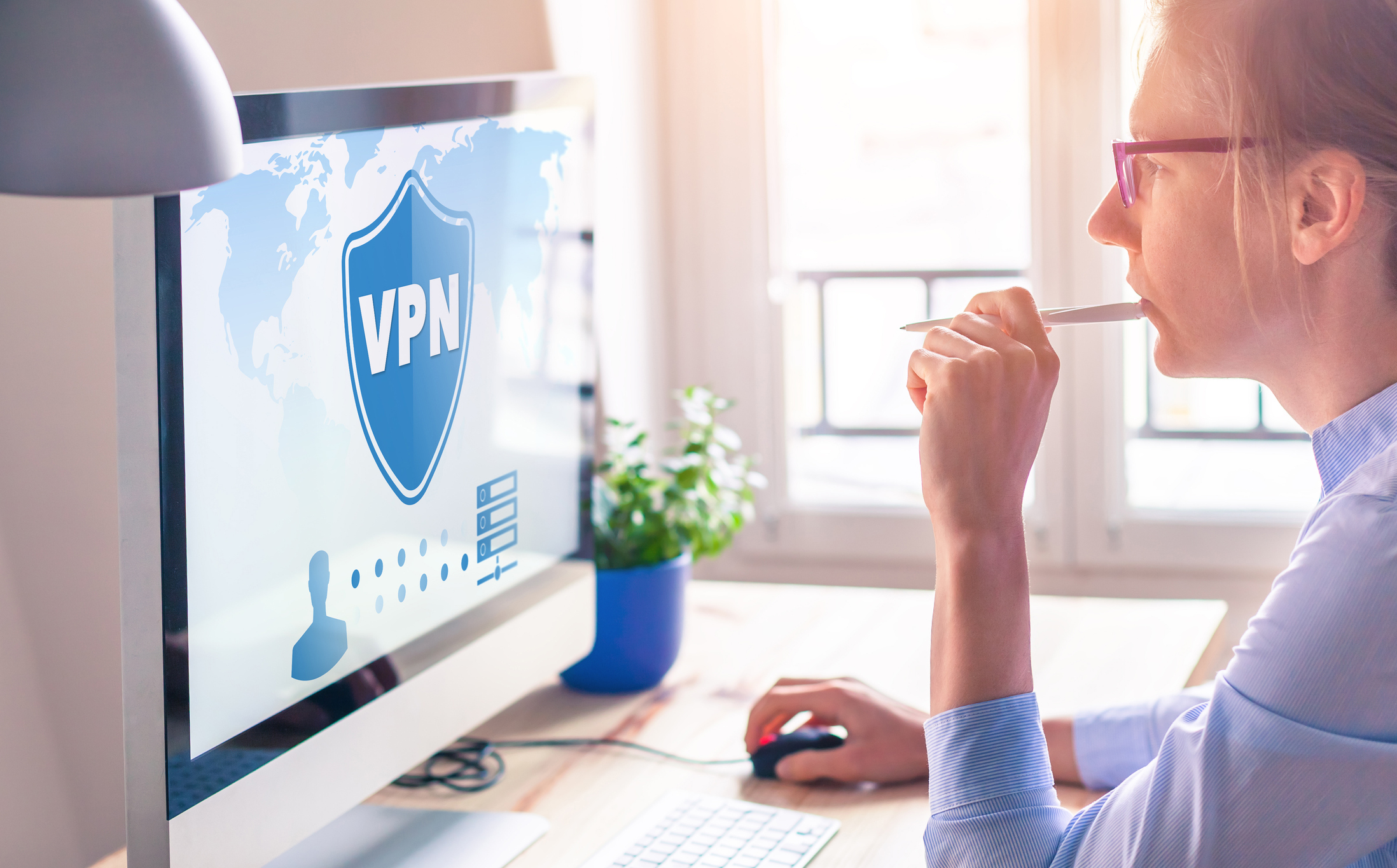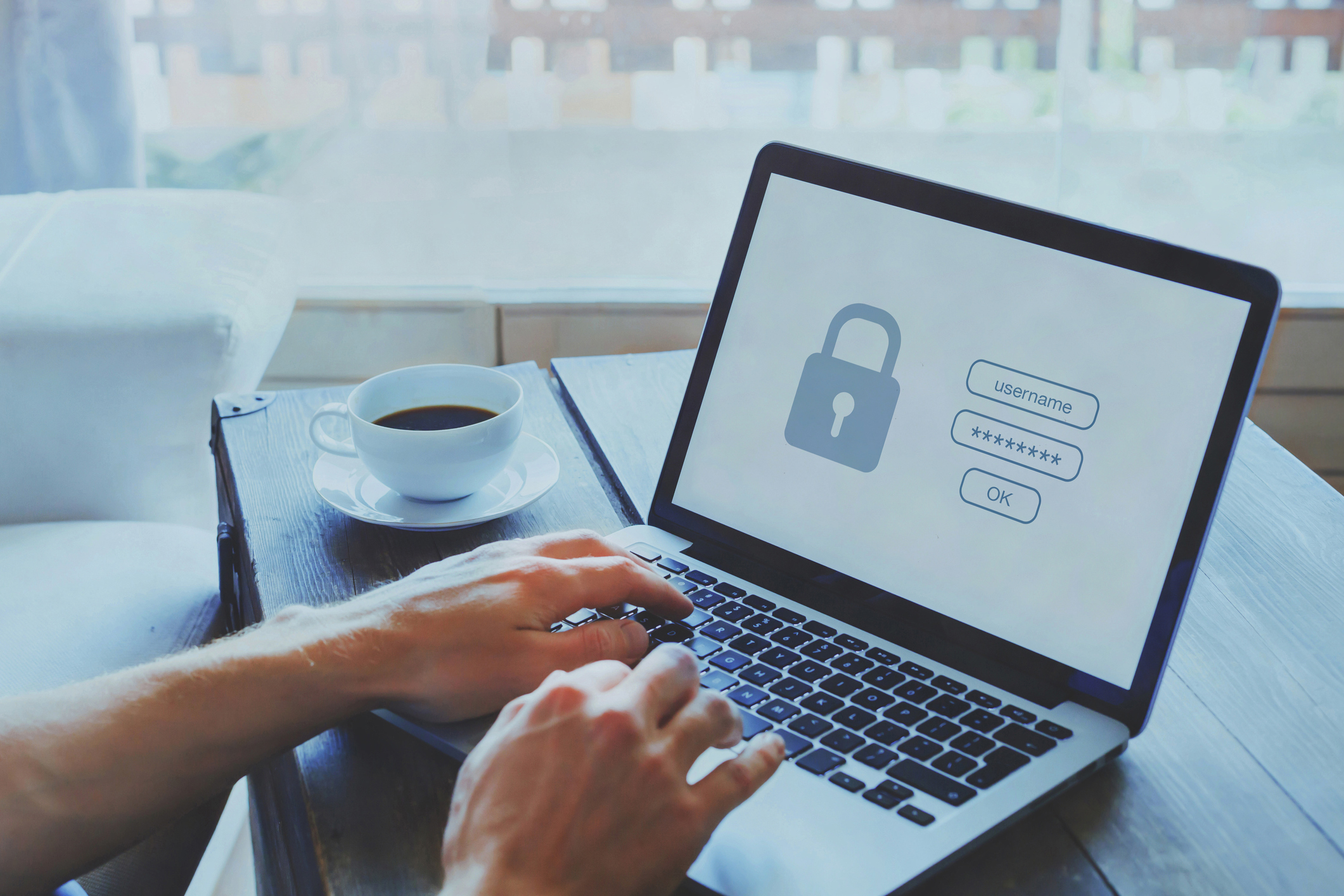The benefits of using a VPN for remote work and business
How do VPNs fit into today's digitalized world of work?

The landscape of work has been rapidly evolving over the past few years with the trend of remote work and flexible working arrangements increasing notably. Consequently, businesses face new cybersecurity threats that potentially jeopardize their sensitive data and operations.
According to an Upwork study, 36.2 million Americans will be working remotely by 2025, an increase of 87% from pre-pandemic levels. Furthermore, a recent Cybersecurity Ventures report predicts the cost of global cybercrime will reach $10.5 trillion annually by 2025. The statistics highlight the importance of implementing robust security measures, like a Virtual Private Network (VPN), to protect the new digital world of work.
What is a VPN?
VPNs keep your sensitive information safe from prying eyes
A VPN is a security tool that creates an encrypted connection between a user's device and a remote server. The data is then sent through a secure tunnel to a remote VPN server, where it'll be decrypted and forwarded to the intended destination.
This encryption is massively valuable to anyone looking to shore up their digital privacy. The best VPNs keep sensitive information (like the websites you visit, files you download, and even your credentials) safe from prying eyes – including hackers, government surveillance, and even the user's internet service provider (ISP).
Why use a VPN for business?
There are tons of good reasons to use a VPN for business. Some key advantages include:
- Enhanced security: VPNs provide an additional layer of security for businesses by encrypting data and protecting it from unauthorized access – essentially acting as a shield that wards off cyberattacks. A benchmark study by CISCO revealed that 55% of small businesses encountering a significant cyberattack underwent at least eight hours of downtime. This downtime contributes substantially to the total expenses associated with a security breach.
- Remote access: With a VPN, employees can access the company's network and resources from anywhere in the world. This helps everyone stay productive, no matter where they are, and enables flexible working. Plus, it's a good way to ensure that employees always have access to the tools and information they need.
- Data privacy: VPNs maintain data privacy by masking the user's IP address. Consequently, it becomes difficult for third parties to track online activities or gather sensitive information associated with that address. This is crucial for businesses that handle customer data or other confidential information.
- Bypass geo-restrictions: VPNs can help businesses access blocked or restricted content, such as websites or streaming services, by connecting to a server in another country where the restrictions aren't in place. This can be useful for research, market analysis, or keeping up-to-date with international news.

Can a VPN save my business money?
VPNs help businesses adhere to industry standards and regulations
In the long run, it's possible for a VPN to save businesses money. There are upfront costs to consider when implementing a VPN, certainly, but the potential savings from avoiding costly cyberattacks or data breaches far outweigh the expenses.
According to an IBM report, the average data breach in 2021 cost $4.24 million – and lots of smaller businesses were unable to recover from the impact. Another study found that 60% of small businesses close their doors within six months of a cyberattack.
In addition to these financial savings, a VPN can help businesses avoid reputational damage and maintain customer trust. Companies can demonstrate their commitment to protecting customer privacy by keeping sensitive data secure. Besides, a VPN will also help businesses adhere to industry standards and regulations.
Which VPNs are best for businesses?
There are hundreds of VPNs on the market today, but not all of them are tailored to meet the unique needs of businesses and their employees.
Business VPNs typically offer features like dedicated IP addresses, advanced security protocols, and 24/7 customer support – which is why I recommend Perimeter 81. The service has an impressive spread of features designed specifically for businesses, including:
Easy-to-use platform
Perimeter 81's user-friendly interface makes it simple for employees to connect and manage their VPN connections. This ensures a seamless user experience, reducing the learning curve and promoting adoption across the organization.
Dedicated IP addresses
With dedicated IP addresses, businesses can ensure consistent, secure access to company resources. This is particularly beneficial for organizations that require employees to access sensitive data or internal systems on a regular basis.
Advanced security protocols
Perimeter 81 supports various VPN protocols, including OpenVPN, WireGuard, L2TP, and more. Each protocol offers unique advantages in terms of speed, security, and compatibility. So, with Perimeter 81, businesses can tailor their VPN solution to their unique needs by picking the protocol that suits it best.
Scalability
Perimeter 81 can grow with your business, making it suitable for small and larger enterprises, and ensures your VPN solution can adapt as your organization expands to meet new demands and requirements.
24/7 customer support
Round-the-clock customer support is on hand to tackle any issues or concerns related to the VPN service, giving businesses, and employees, total peace of mind – and quick solutions to potential problems.

Compliance
With Perimeter 81, data is always securely transmitted and stored. This helps businesses maintain compliance with industry regulations, including GDPR and HIPAA. It's particularly important for organizations that handle sensitive customer information or operate in heavily regulated industries.
Network visibility and control
Perimeter 81's management platform allows businesses to gain insights into their network's usage, monitor connected devices, and manage access permissions. Armed with this information, and granular control, organizations can maintain a secure and efficient network.
Multi-factor authentication
In addition to advanced encryption and security protocols, Perimeter 81 supports multi-factor authentication (MFA) that provides an extra layer of protection for businesses. MFA requires users to verify their identity through multiple methods, including a password and a unique code sent to their mobile device, before gaining access to the network. Ultimately, MFA makes it much more difficult for unauthorized users to access sensitive data and resources.
Integration with other security tools
Perimeter 81 offers integration with popular security tools. They include SIEM (Security Information and Event Management) systems and threat intelligence platforms which can be utilized to streamline security operations and gain a more comprehensive view of a company's overall cybersecurity posture.
Customizable VPN clients
Businesses can create custom-branded VPN clients for their organization with Perimeter 81. This further enhances the user experience and promotes brand consistency. Plus, by providing employees with a familiar and professionally designed interface, organizations encourage the adoption of secure practices across the workforce.
Bottom line
With cybercrime on the rise and remote work more prevalent than ever, it's essential for businesses to prioritize their online security – and that's where a VPN can help.
VPNs enhance business security, maintain data privacy, and ensure employees have secure access to company resources from anywhere in the world.
As remote work continues to grow in popularity, investing in a VPN can also help businesses save money by preventing costly cyberattacks, while simultaneously protecting their reputation and maintaining customer trust.
Get instant access to breaking news, the hottest reviews, great deals and helpful tips.

Krishi is a VPN writer covering buying guides, how-to's, and other cybersecurity content here at Tom's Guide. His expertise lies in reviewing products and software, from VPNs, online browsers, and antivirus solutions to smartphones and laptops. As a tech fanatic, Krishi also loves writing about the latest happenings in the world of cybersecurity, AI, and software.
 Club Benefits
Club Benefits





